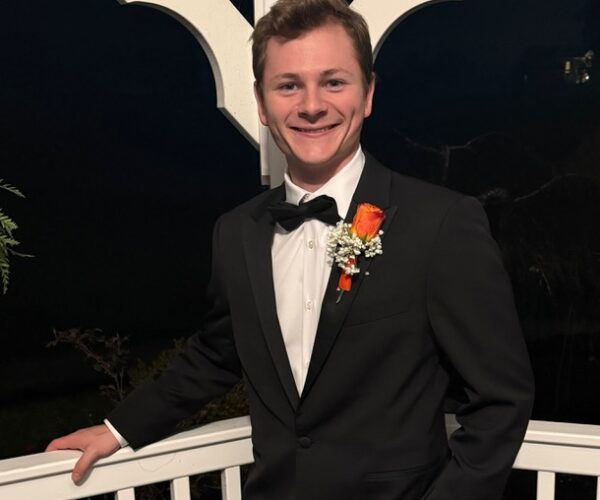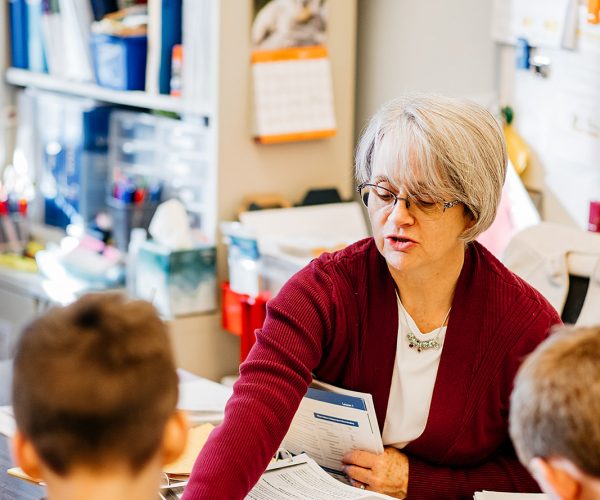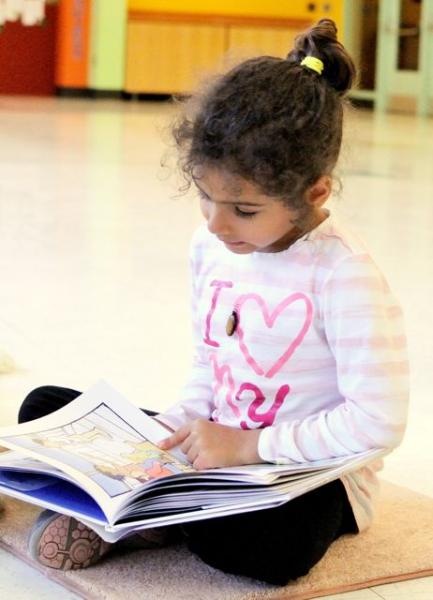
Types of Learning Disabilities: Part 3…Dyslexia
July 27, 2021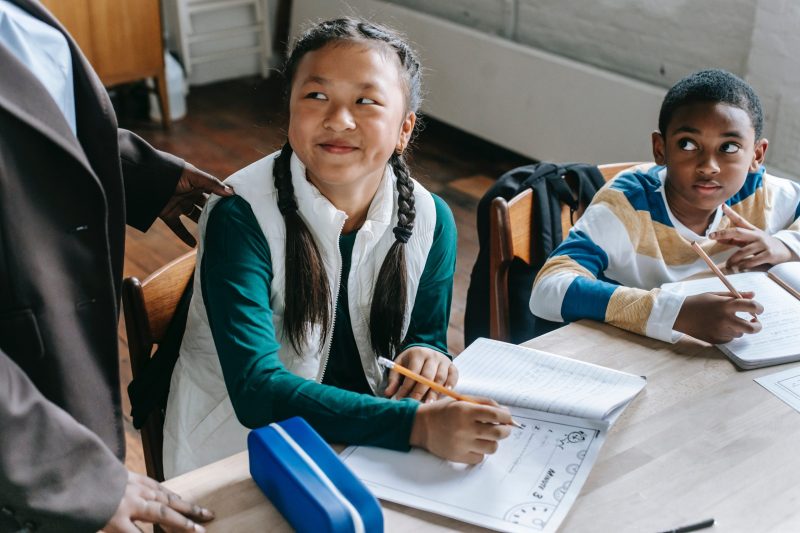
How to Establish Effective Support Systems
August 10, 2021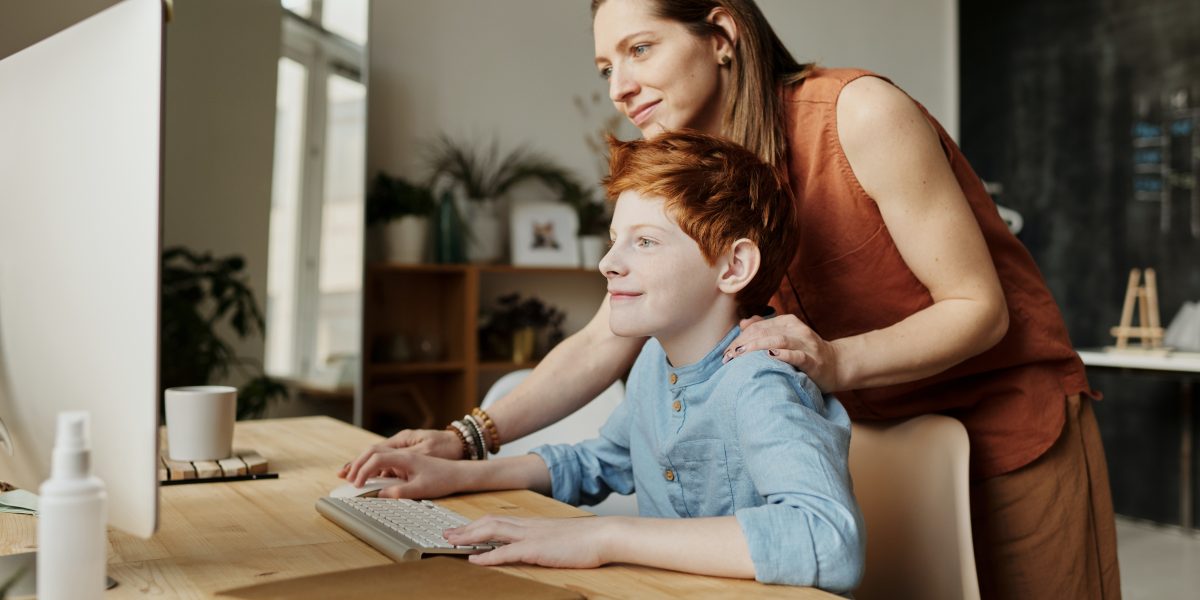
A few weeks ago I shared a blog discussing the success factors that are instrumental in helping children with learning disabilities. In that blog, Shelly Weisbacher discussed 6 success factors that parents and caregivers should be aware of to help their children succeed both academically and into adulthood. This week we will take a closer look at self-awareness as a success factor.
In parenting or teaching a child with learning disabilities, it is important to be able to look to the future while addressing the issues of the moment. We know that learning disabilities are life span issues.
We also know that many adults with learning disabilities are leading happy, productive lives. What then contributes to the success of adults with learning disabilities and how might one foster these success attributes in our children?
Through longitudinal studies spanning more than twenty years, the Frostig Center in California has identified six factors that predict successful life outcomes for individuals with learning disabilities. The factors include self-awareness, proactivity, perseverance, goal-setting, presence and use of support systems, and emotional coping strategies. These are not static factors that one either possesses or not; they can be nurtured and developed.
Our experience at Springer and the Frostig Center’s research find that students who demonstrate self-awareness have an understanding of their strengths and challenges in academic as well as non-academic settings. They recognize and can speak to the impact their learning disabilities or attention issues have on them academically, socially, and emotionally. Yet, they are also very able to see their learning disability as only a part of who they are.
Having worked with many families, we know that a first step in helping your child develop self-awareness is accepting the reality of your child’s learning disability and gaining comfort in talking about it.
From there, you will be able to help your child sort out what she does well, what is difficult, and why it is difficult. In this way, your child will look to you as an ally in his growing self-awareness.
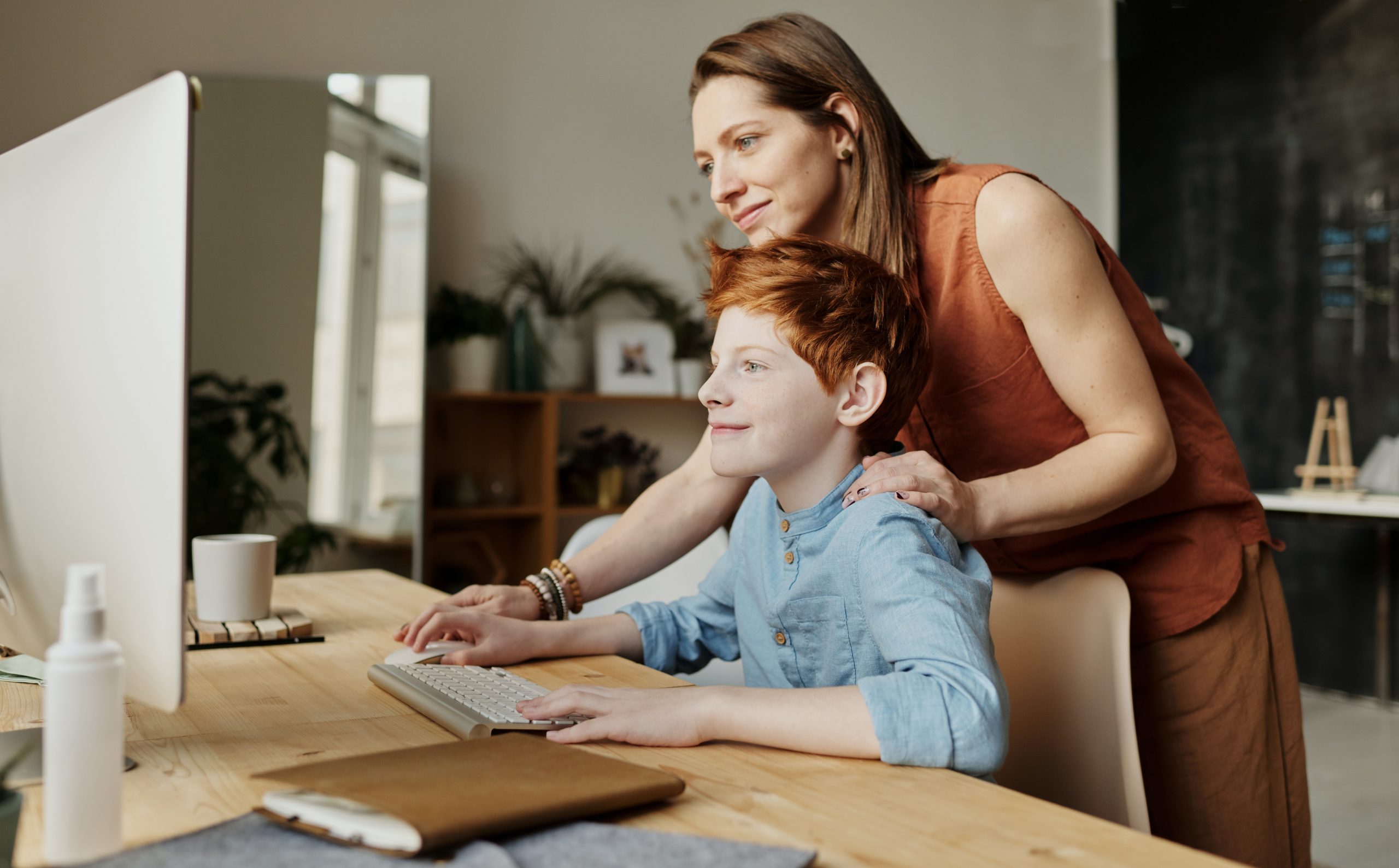
Blogger Lisa Bruns, M.Ed., Special Education, shares her expertise of students with learning disabilities. As a special educator, she has expert knowledge of interventions and accommodations that students may need to succeed in and out of the classroom. If you have questions, please contact Center Director Lisa Bruns at .

